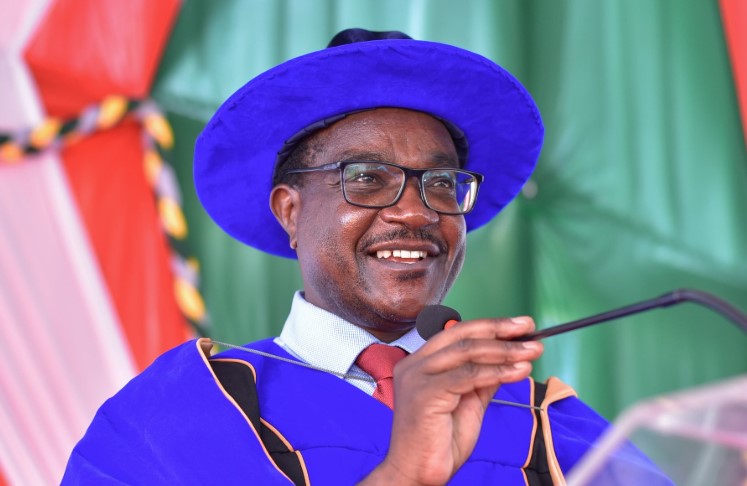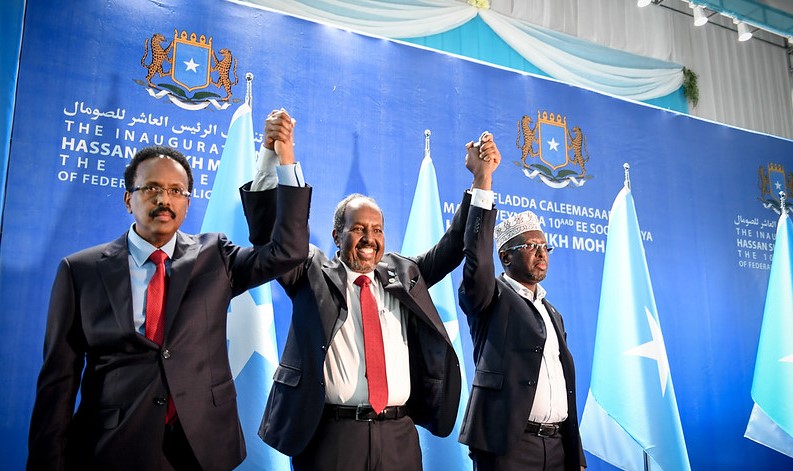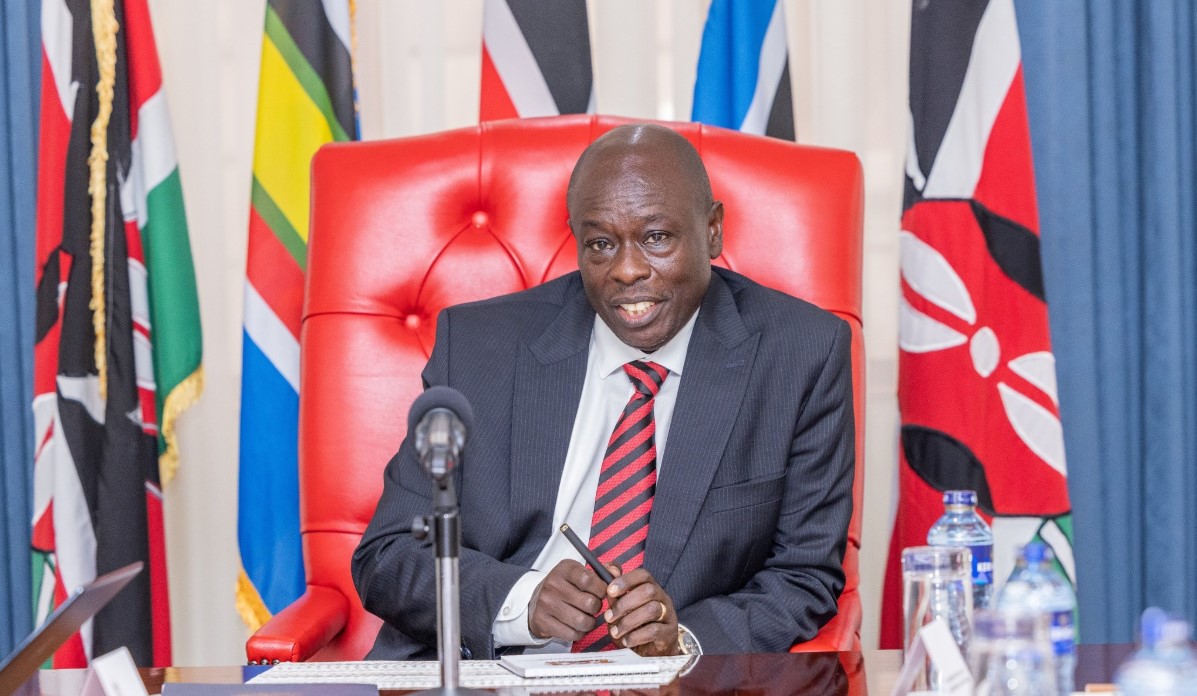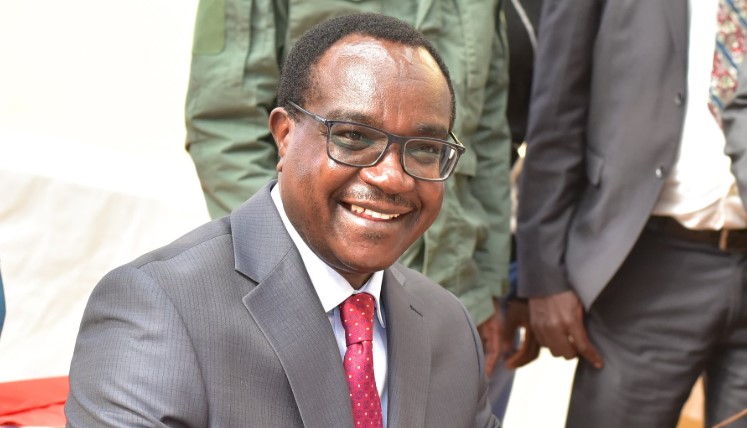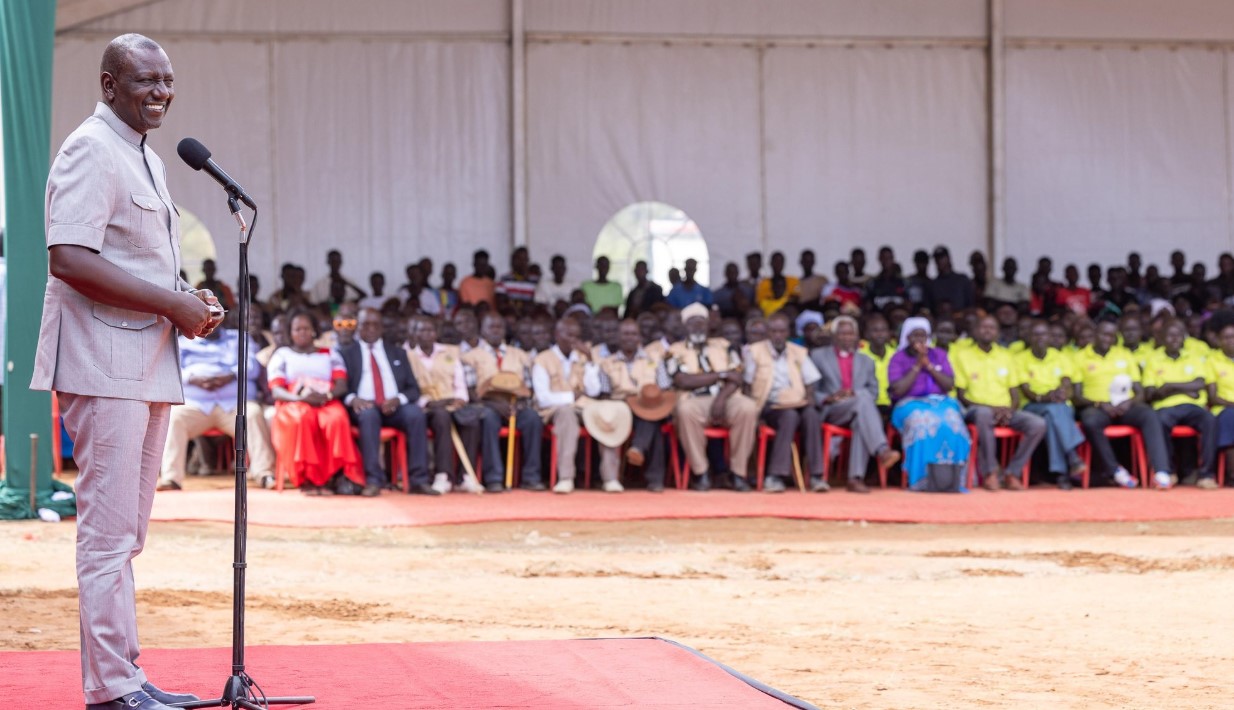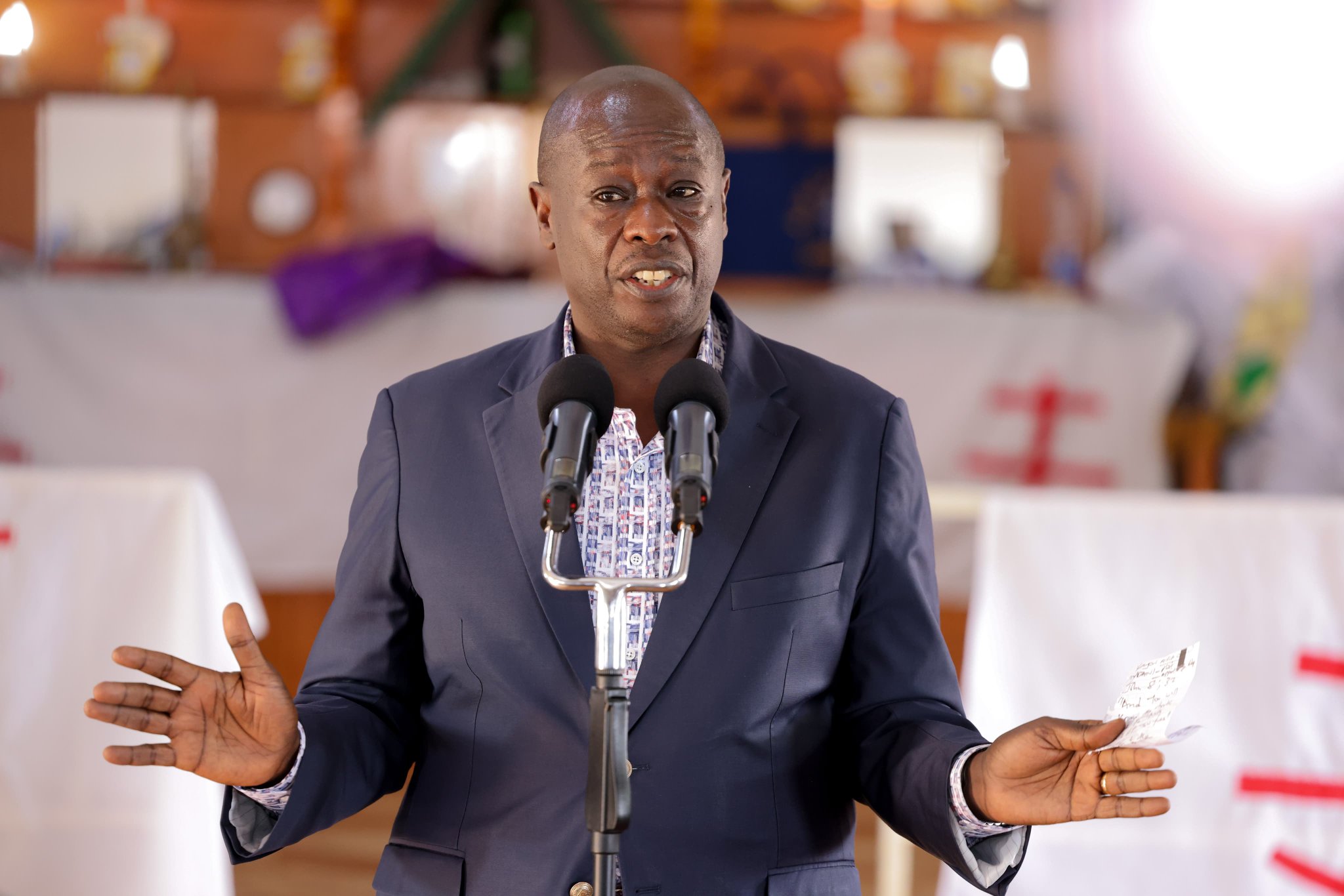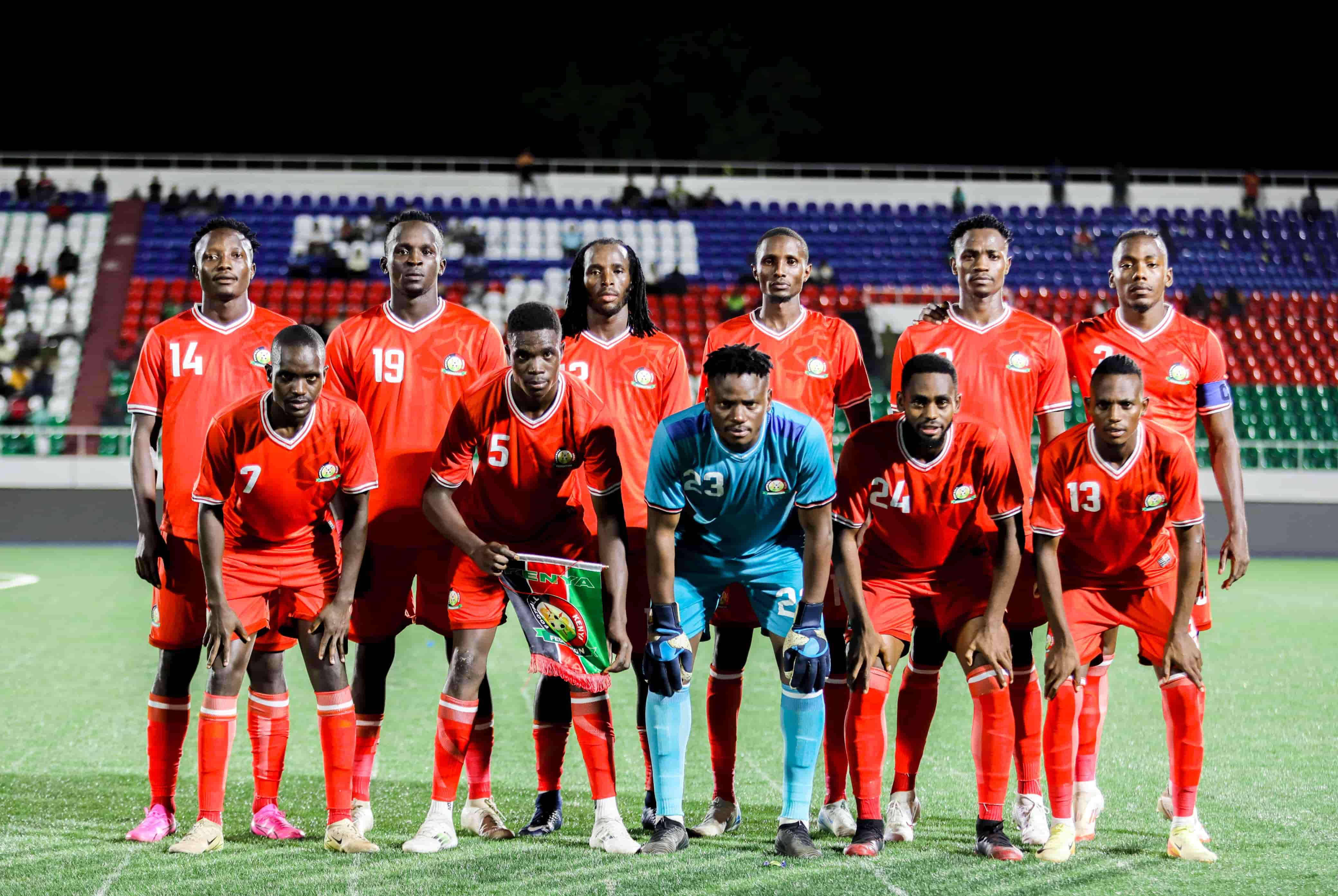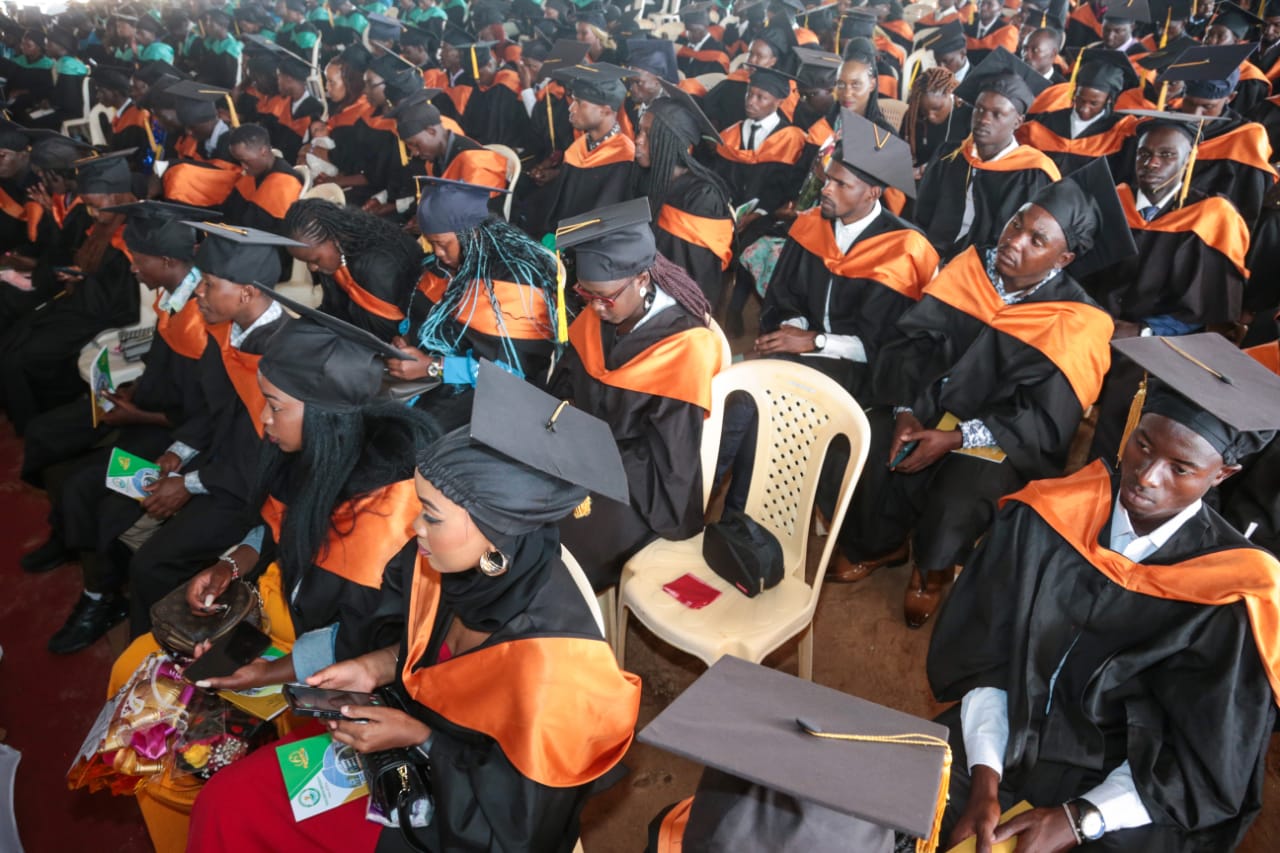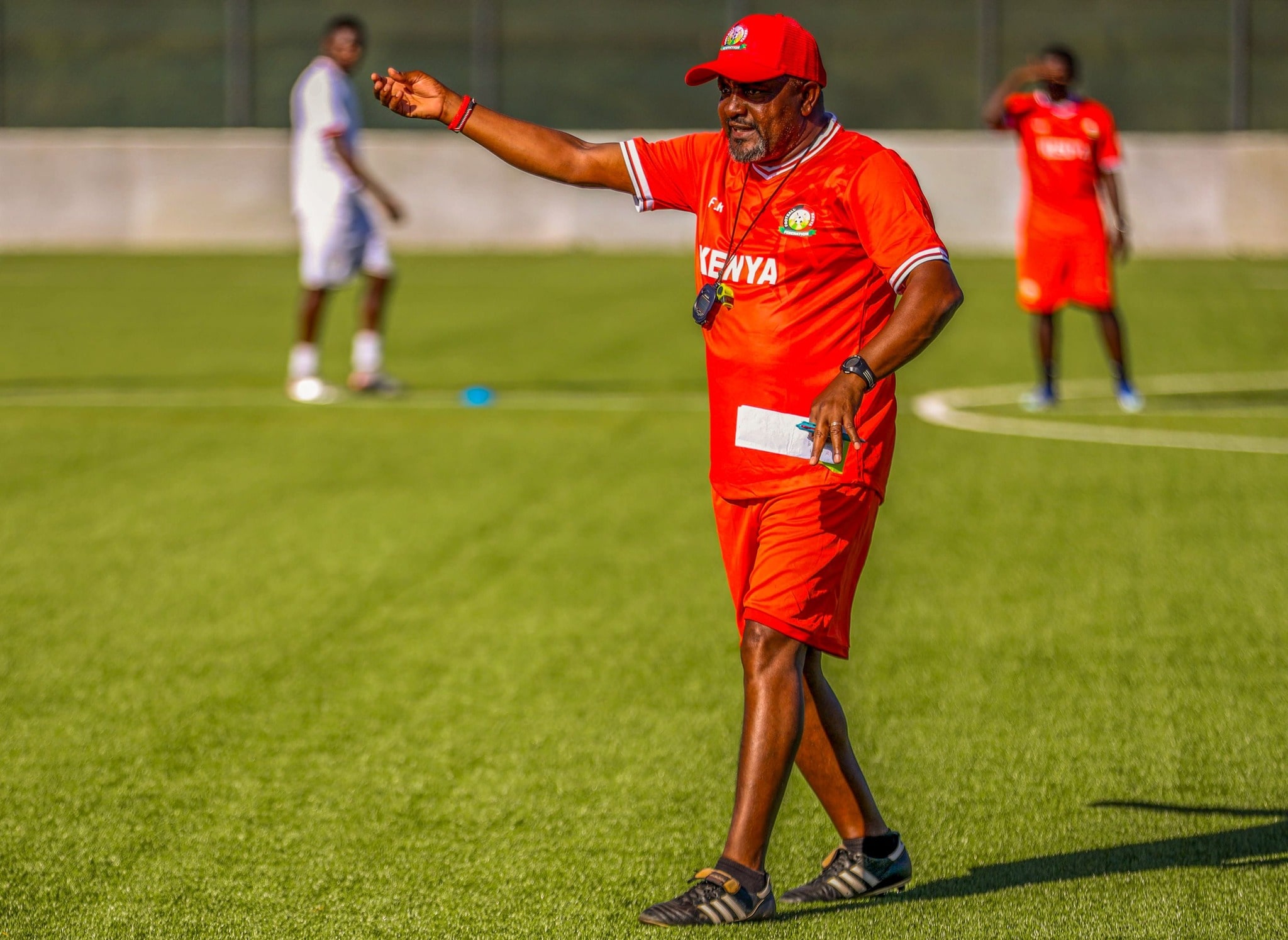Fresh debate over bill to split M-Pesa, Airtel Money from telcos core services
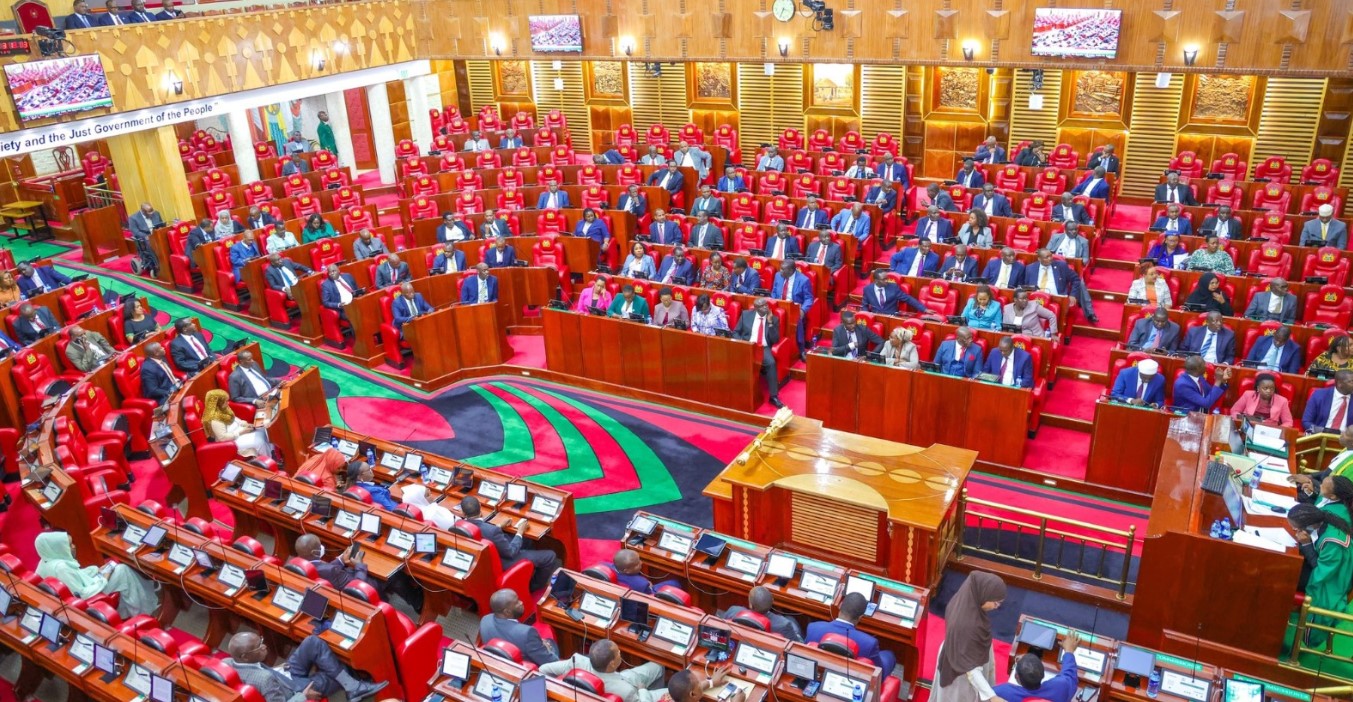
The bill seeks to force telcos to separate their mobile money services—M-Pesa, Airtel Money, and T-Kash—from voice, data, and SMS offerings.
A fresh push to compel Kenya’s telecommunications giants—Safaricom, Airtel, and Telkom Kenya—to separate their mobile money services from their core telecommunications operations is gaining momentum.
This comes after the Kenya Information and Communications (Amendment) Bill 2022 was tabled for its second reading in Parliament this week, reigniting a debate that has stirred controversy among stakeholders.
More To Read
The bill seeks to force telcos to separate their mobile money services—M-Pesa, Airtel Money, and T-Kash—from voice, data, and SMS offerings. If passed, the law would require mobile money services to fall under the same regulatory umbrella as banks, with telcos required to apply for separate licenses from the Central Bank of Kenya (CBK) to operate these services.
This proposal has faced sharp opposition, particularly from Safaricom, which describes it as a step backwards for the industry.
“The proposal is a hindrance to innovation and does not reflect international best practices,” Safaricom said when it appeared before Parliament’s Communication and Information Committee.
The company argues that splitting mobile money from its core telecommunications services would hurt its ability to innovate and respond to market demands.
The bill, which is currently in the second phase of the six-stage legislative process, will next face scrutiny from MPs in committee discussions. The outcome of these discussions could shape the future of Kenya’s multi-billion-shilling mobile money market, where Safaricom holds an overwhelming 95% market share. Safaricom also dominates the voice market (65.5%), fixed data market (37.4%), and SMS (89.4%).
Proponents of the bill argue that splitting mobile money from telecommunications services would allow for increased scrutiny and better regulation of a rapidly growing sector. However, Safaricom has revealed that it faces a staggering Sh75 billion tax liability if the separation goes through. The company has been pushing for an international reorganisation to mitigate the potential tax burden, with ongoing discussions between Safaricom, the Treasury, and the CBK.
The proposal to split mobile money from telcos is not new. Three years ago, the Kenya Information and Communications (Amendment) Bill, 2021, attempted a similar endeavour. However, resistance to the bill prevented it from progressing beyond the initial stages of debate. In November 2022, growing concerns about Safaricom's market dominance prompted a reintroduction of the bill.
